The digital sovereignty debate in Europe is evolving fast. As data privacy regulations tighten and public sector requirements become more explicit, the race among hyperscalers to deliver truly sovereign infrastructure has entered a new chapter. AWS’s recent unveiling of its European Sovereign Cloud, set to arrive in late 2025, has generated considerable attention. But when it comes to choosing a sovereign cloud today that meets regulatory, operational, and architectural requirements, Oracle Cloud Infrastructure (OCI) is not only ahead, it’s already delivering for two years.
Note: The German version of this article can be found here.
Not Just a Data Center in Europe
Many cloud providers claim “sovereignty” by operating a data center in the EU. But true sovereignty extends beyond location. It encompasses who operates the infrastructure, who can access the data, how services are isolated, and how control is governed.
This is where Oracle has drawn a clear line in the sand.
Oracle’s EU Sovereign Cloud, launched in 2023, was designed specifically to meet the stringent legal, operational, and security requirements of European governments and regulated industries. It doesn’t simply retrofit an existing model but delivers a fully isolated cloud realm, physically and logically separated from Oracle’s global infrastructure, governed by EU laws, and operated exclusively by EU personnel.
AWS, by contrast, has announced a sovereign model with similar goals but it’s still under development. The first region, located in Brandenburg, Germany, won’t be operational until late 2025, and much remains to be proven about how it will be implemented, governed, and audited.
Oracle is Shipping, AWS is Promising
Let’s be clear: AWS’s European Sovereign Cloud announcement is comprehensive and well-articulated. It lays out a future where services will be operated by EU-based subsidiaries, under EU laws, and with controls in place to maintain data independence from AWS’s global infrastructure. Their governance structure even includes an independent advisory board and EU-based trust services.
But for CIOs and CTOs making infrastructure decisions today, those promises offer little operational value.
Oracle’s two sovereign regions (Frankfurt and Madrid) are already live and serving customers. These regions are:
-
Controlled by separate legal entities based in the EU.
-
Operated by EU-resident staff with no external or global personnel access.
-
Physically and logically isolated from Oracle’s global commercial cloud, including separate networking, control planes, and identity services.
-
Offering identical services, SLAs, and pricing to Oracle’s standard OCI regions without sovereignty surcharges or trade-offs.
This level of readiness provides certainty. For public sector agencies, financial services institutions, healthcare providers, and others operating under GDPR or national sovereignty laws, Oracle’s offering is deployable today and auditable under real-world conditions.
Governance and Transparency – Built-In, Not Promised
AWS has made bold commitments around its future governance model. Its European cloud will be operated by German-incorporated subsidiaries, employ EU-resident personnel, and adhere to a Sovereign Requirements Framework (SRF) backed by independent audits. These measures are vital, and if delivered as described, they will represent a meaningful step forward in how cloud sovereignty is implemented.
However, the keyword is “if”. At this stage, AWS is still laying the foundation, and the structure – however promising – remains untested.
Oracle, on the other hand, has already passed this test. Its governance model is active today. Customers have full audit visibility, complete operational transparency, and confidence that their data never leaves the EU, either technically or legally. Oracle’s setup has passed certifications including SOC 1, 2, and 3, CSA, STAR, PCI, HIPAA, C5, HDS, ENS, and ISO 9001, 20000-1, 27001, 27017, 27018, and 27701. External key management (including customer-controlled keys outside of Oracle’s access) further strengthens the platform’s trust envelope.
Service Parity Without Sovereignty Tax
A common concern with sovereign clouds is the trade-off in features and performance. AWS says it plans to deliver full service parity with its global cloud, but again, that’s a roadmap, not a guarantee.
Oracle’s sovereign cloud offers over 150 OCI services – from autonomous databases to Kubernetes, from serverless functions to AI/ML tooling – without compromise. Pricing remains consistent with OCI’s commercial regions. There’s no premium, no second-tier treatment, and no degraded performance due to isolation. Sovereignty isn’t an upsell; it’s an expectation.
Isolation That’s Architectural, Not Just Geographic
Oracle’s architecture reflects a deep understanding that sovereignty is a technical state, not just a geographic one. Its sovereign cloud is:
-
Part of a distinct cloud realm, meaning no shared control plane, no global peering, and no cross-realm data leakage.
-
Accessible via FastConnect or VPN, with inter-region replication supported over a dedicated sovereign backbone.
-
Designed for infrastructure resilience, with separate fault domains and the ability to replicate workloads across regions while staying within the EU realm.
AWS has pledged to build similar isolation into its new cloud, but the full details, and whether it can match Oracle’s realm-level segmentation, remain unclear.
VMware in a Sovereign Cloud? Oracle Makes It Possible Today
One of the biggest challenges for organizations with deeply integrated VMware environments is finding a sovereign cloud that allows for seamless migration without rearchitecture. Oracle Cloud VMware Solution (OCVS) delivers precisely that. And it’s available within Oracle’s EU Sovereign Cloud, a capability unmatched by other hyperscalers at this time.
OCVS is a fully customer-managed VMware environment running on dedicated baremetal infrastructure inside Oracle Cloud. It includes VMware Cloud Foundation (VCF) and HCX – all running natively, with full control and administrative access maintained by the customer.
In the context of data sovereignty, OCVS offers distinct advantages:
-
Runs inside Oracle’s isolated sovereign realm – ensuring that your VMware workloads remain within the EU, under EU jurisdiction, and operated only by EU-resident staff.
-
No dependency on shared control planes or global services, which means your VMware environment is as isolated and sovereign as the underlying cloud infrastructure.
-
No need to retrain teams or re-platform applications – existing tools, automation, and skill sets transfer directly.
For organizations planning sovereign migration strategies, OCVS provides a low-friction, high-control path to the cloud, while ensuring compliance and other sovereignty mandates. It’s particularly appealing for highly regulated sectors such as government, banking, insurance, and critical infrastructure where both operational continuity and auditability are essential.
Oracle Compute Cloud@Customer – Now with EU Sovereign Operations
Oracle has extended its EU Sovereign Cloud model to Compute Cloud@Customer (C3) bringing cloud infrastructure and EU governance directly into your data center. This is a game-changer for organizations with strict data residency and control requirements that cannot move workloads to the public cloud.
The updated C3 model is now:
-
Deployed on-premises
-
Managed only by EU-based personnel
-
Operated entirely under EU jurisdiction
No global cloud involvement. No shared control planes. Just full-stack OCI services, physically hosted on your site and governed like the sovereign cloud regions in Frankfurt and Madrid.
For public sector bodies, critical infrastructure, or industries like defense and healthcare, this means deploying modern cloud infrastructure without compromise.
Oracle Compute Cloud@Customer with EU Sovereign operations closes the gap between private cloud and true sovereignty. That’s something only Oracle can offer at the moment.
Note: Please note there’s also an air-gapped version of C3 available now.
Conclusion – The Time to Act is Now, and Oracle is Ready
AWS’s European Sovereign Cloud will be an important development when it arrives. But for European organizations operating under strict data localization and control mandates, the ability to deploy, scale, and audit sovereign infrastructure today is critical.
Oracle’s EU Sovereign Cloud is here, certified, compliant, and production-ready. It aligns with the reality of European data sovereignty.
For CIOs and CTOs, the choice is between planning for the future or executing in the present. In this case, the best strategic move is to choose a provider that isn’t just promising sovereignty but already delivering it.
Additional Resources:
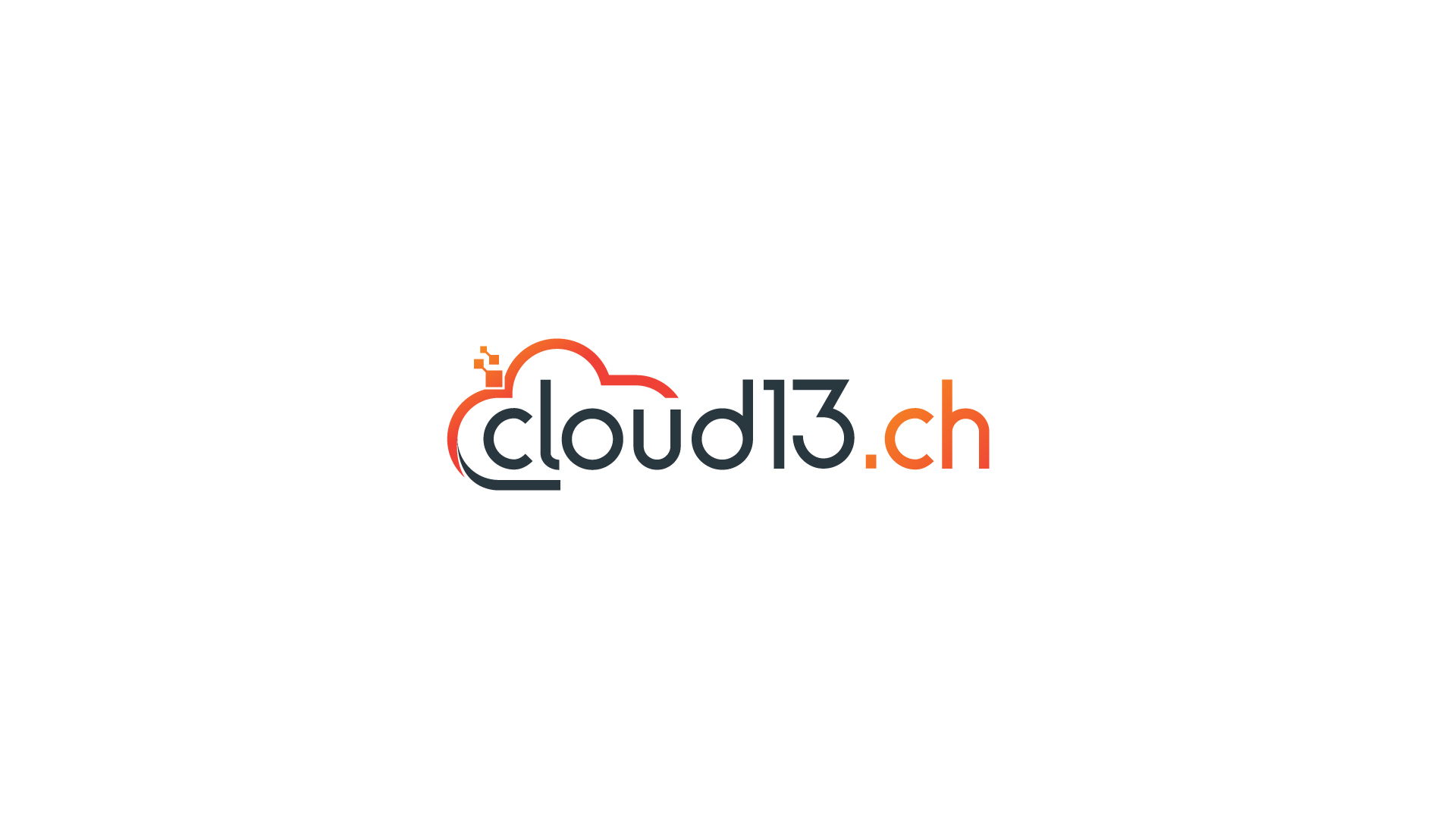
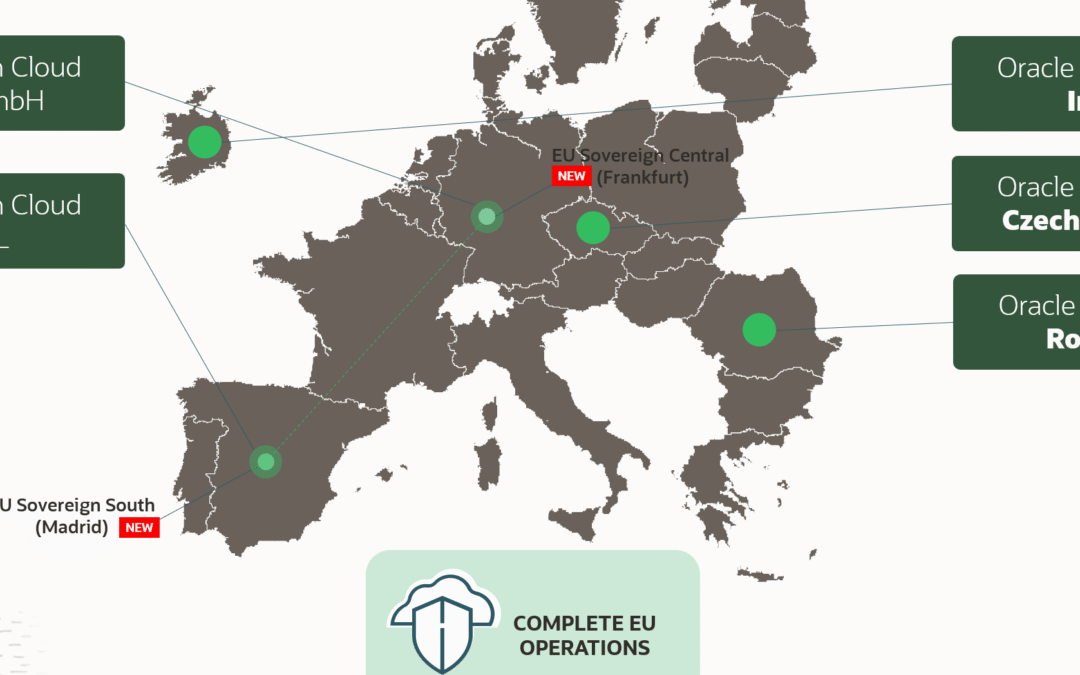



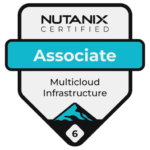









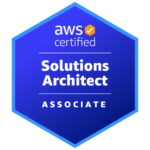
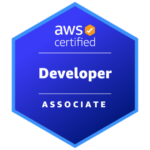
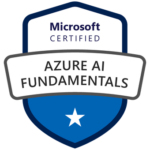
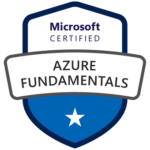
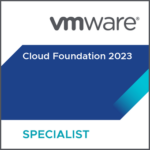
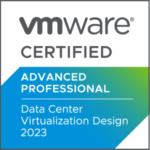
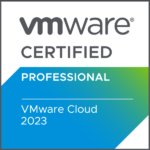
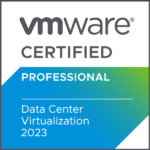
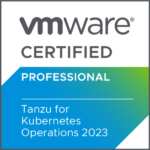
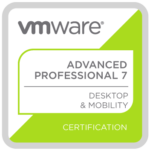
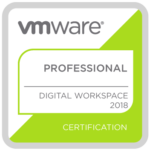
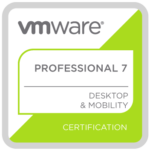
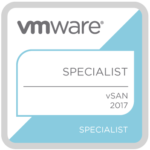


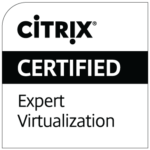
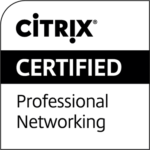
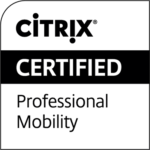
You know very well that the US CLOUD Act will enforce Oracle to eventually disclose data, when requested by US court order, to US authorities – regardless of the sovereignty status or location of operation. Same for amazon, Google and other US big scalers.